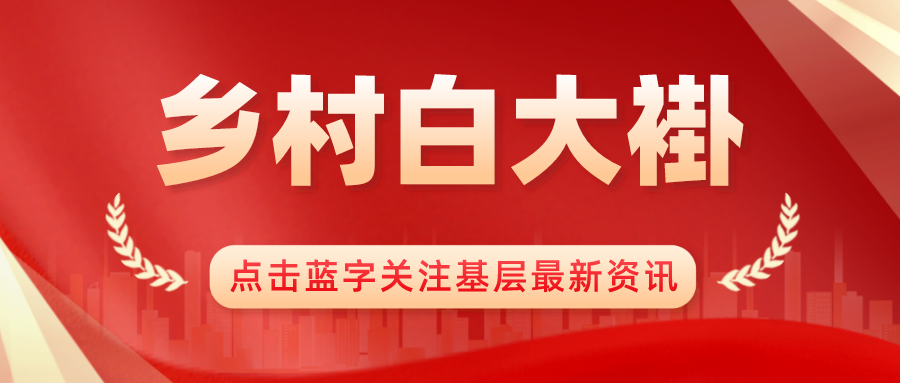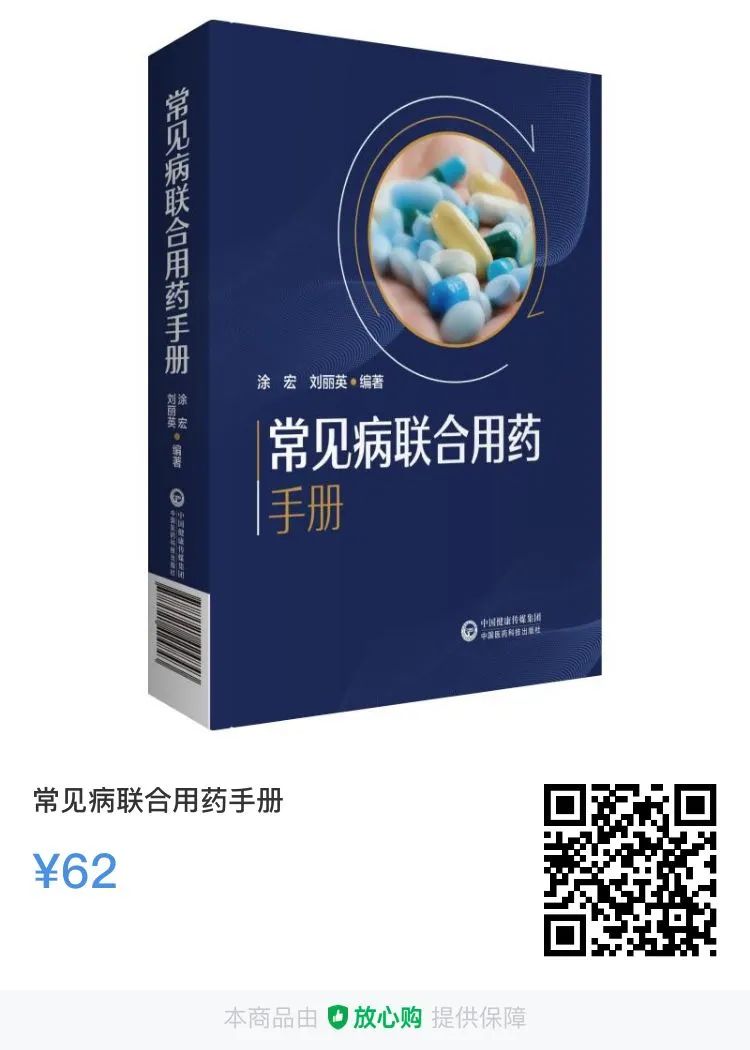 Source: Combined Medication
Source: Combined Medication
Spleen-Stomach Damp-Heat Syndrome is a pathological condition characterized by the obstruction of the spleen by dampness, which over time transforms into heat, leading to the mutual accumulation of dampness and heat. It is primarily caused by the dysfunction of the spleen and stomach in transforming and transporting, resulting in damp-heat obstructing the middle jiao (中焦). This is a common type of excess syndrome of the spleen and stomach.
So, how does Spleen-Stomach Damp-Heat Syndrome occur? What specific symptoms does it present? What medications can be used for its treatment?
With the fast pace of modern life, long-term irregular eating habits and stress have led to an increasing incidence of gastric diseases.
According to statistics, there are 120 million patients with gastrointestinal diseases in China, with over 70% being middle-aged and elderly individuals.
Common surveys indicate that the incidence of chronic enteritis is 38%, and superficial gastritis is as high as 30%.
Traditional Chinese Medicine (TCM) believes that insufficient righteous qi (正气) in the body is the internal cause of Spleen-Stomach Damp-Heat. Although there are various causes and mechanisms for the formation of this syndrome, the functional state of the spleen and stomach is the determining factor.
Insufficient righteous qi leads to spleen and stomach weakness, which cannot properly transform and transport food and fluids. This results in dampness, and food stagnation can transform into heat, leading to the formation of damp-heat.
Additionally, various disease factors can easily trigger dysfunction of the weakened spleen and stomach, resulting in damp-heat.
1) Spleen-Stomach Damp-Heat Syndrome can be caused by the following:
-
Irregular diet, such as excessive consumption of rich, greasy foods and alcohol.
-
External invasion of damp-heat pathogens.
-
Chronic illness damaging the spleen and stomach or inherent weakness of the spleen and stomach.
-
Excessive fatigue or emotional distress can also be a trigger for Spleen-Stomach Damp-Heat Syndrome.
2) Symptoms of Spleen-Stomach Damp-Heat Syndrome
1. Burning pain in the epigastrium, with nausea and acid regurgitation.
2. Dry mouth with a bitter taste, thirst without desire to drink, sweet and sticky mouth, sour regurgitation after eating sweet foods, poor appetite, heaviness in the body, and fatigue.
3. Yellow urine, constipation, yellow and greasy tongue coating, and slippery rapid pulse.
In treatment, the focus is on resolving damp-heat, as removing dampness can easily dissipate heat. The methods for resolving damp-heat should vary according to the amount of damp-heat and the affected area. In the early stages, when the pathogen is in the exterior and dampness is predominant, aromatic herbs that penetrate both the exterior and interior should be used;
If the pathogen is in the middle jiao and dampness is predominant, the treatment should primarily use bitter and warm herbs to drain, supplemented with heat-clearing herbs. As the dampness transforms into heat, leading to a condition of both dampness and heat being prevalent, the treatment should focus on bitter and pungent herbs to promote downward movement, simultaneously dispelling dampness and clearing heat;
If heat is more severe than dampness, the treatment should primarily focus on clearing heat, with dampness-transforming herbs used as needed. If dampness is retained below, leading to dysfunction of urination, the treatment should focus on light and diuretic herbs to facilitate the drainage of dampness.
The pathogenesis of Spleen-Stomach Damp-Heat Syndrome lies in the obstruction of damp-heat, which hinders the spleen. Therefore, the treatment should primarily focus on clearing heat and transforming dampness, and the following medications can be used:
1) Huo Xiang Qing Wei Capsules (Huo Xiang Qing Wei Jiao Nang)
Indications: Clears heat and transforms dampness, awakens the spleen, and resolves stagnation. Used for indigestion, abdominal distension, lack of appetite, bitter taste in the mouth, and halitosis caused by spleen-stomach fire.
Dosage: Oral administration, 3 capsules each time, 3 times a day.
Applicable Population: Suitable for individuals with Spleen-Stomach Damp-Heat, especially when heat is more severe than dampness.
Combined Medication: Huo Xiang Qing Wei Capsules + Yi Qing Soft Capsules (for patients with dry stool/constipation)
Precautions: Not suitable for pregnant women; avoid consuming raw, cold, greasy, and hard-to-digest foods during medication.
2) Wei Tong Ning Tablets (Wei Tong Ning Pian)
Indications: Clears heat and dries dampness, regulates qi and harmonizes the stomach, relieves acidity and pain. Used for gastric pain caused by damp-heat accumulation, excessive gastric acid, abdominal fullness, belching, acid regurgitation, poor appetite, constipation, and short yellow urine.
Dosage: Oral administration, 3 tablets each time, 2-3 times a day.
Applicable Population: Suitable for patients with gastritis and gastric ulcers belonging to Spleen-Stomach Damp-Heat Syndrome.
Combined Medication: Omeprazole Enteric-Coated Capsules + Wei Tong Ning Tablets
Precautions: Not suitable for children, pregnant women, and breastfeeding women; contraindicated in patients with liver and kidney dysfunction; may worsen conditions in appendicitis or acute abdomen, increasing the risk of appendiceal perforation, and should be avoided.
3) Xiang Lian Pills (Xiang Lian Wan)
Indications: Clears heat and dries dampness, promotes qi and relieves pain. Used for diarrhea and abdominal pain with yellow and sticky stools.
Dosage: Oral administration, 3-6 grams each time, 2-3 times a day.
Applicable Population: Suitable for patients with diarrhea belonging to Spleen-Stomach Damp-Heat Syndrome.
Combined Medication: Xiang Lian Pills + Montmorillonite Powder
Precautions: Should not be used in combination with digoxin; avoid combining with tannin-containing medications.
4) Fu Ke An Tablets (Fu Ke An Pian)
Indications: Clears heat and promotes diuresis, astringes and relieves pain. Used for abdominal pain, diarrhea, and vomiting caused by indigestion.
Dosage: 4 tablets each time, 3 times a day.
Applicable Population: Patients with abdominal pain and diarrhea caused by Spleen-Stomach Damp-Heat.
Combined Medication: Fu Ke An Tablets + Lactic Acid Bacteria Tablets
Precautions: Not suitable for pregnant women.
To prevent the recurrence of Spleen-Stomach Damp-Heat, it is essential to actively treat the aforementioned diseases. Additionally, one should change unhealthy lifestyle habits, maintain a balanced diet, avoid smoking and drinking, and minimize the intake of rich and greasy foods and seafood. Drink water moderately to avoid internal dampness or external dampness entering the body. Maintain a regular sleep schedule, ensure proper ventilation indoors, and avoid using air conditioning when possible. Develop a habit of regular bowel movements. Engage in physical activity until sweating occurs, as sweating can help expel dampness, but avoid excessive sweating to prevent qi deficiency.If internal damp-heat manifests with only mild symptoms, the above adjustments may lead to improvement. However, if symptoms are severe and adjustments are ineffective, it is advisable to seek TCM diagnosis and treatment for further management.
Many pharmacy staff, upon learning that a customer has a bitter taste in the mouth, may assume it is Liver-Gallbladder Damp-Heat Syndrome and recommend medications like Long Dan Cao Pian to clear liver-gallbladder damp-heat. It is important to distinguish between Liver-Gallbladder Damp-Heat and Spleen-Stomach Damp-Heat.
Patients with Liver-Gallbladder Damp-Heat have issues in the liver and gallbladder, leading to discomfort in the chest and flanks, often accompanied by burning sensations. Additionally, vomiting in patients with Liver-Gallbladder Damp-Heat is more severe than in those with Spleen-Stomach Damp-Heat, with the vomitus being a large amount of yellow-green bitter fluid, while Spleen-Stomach Damp-Heat typically presents with sour-tasting vomit.



Share

Like

View

